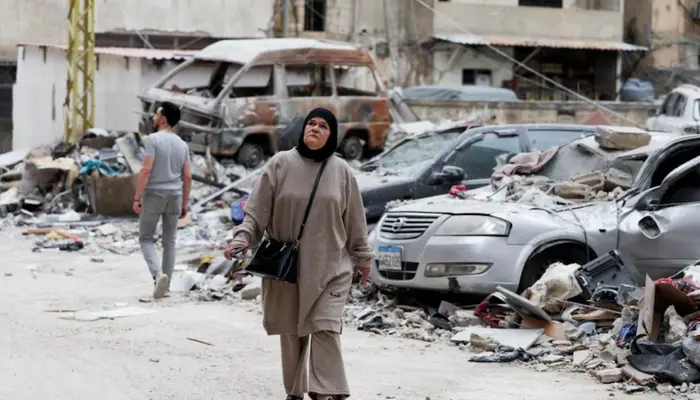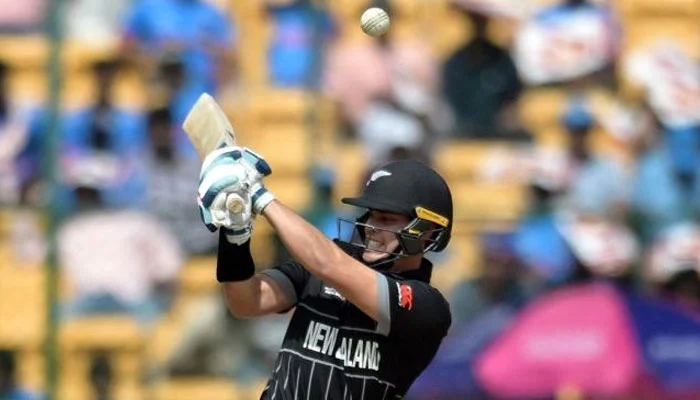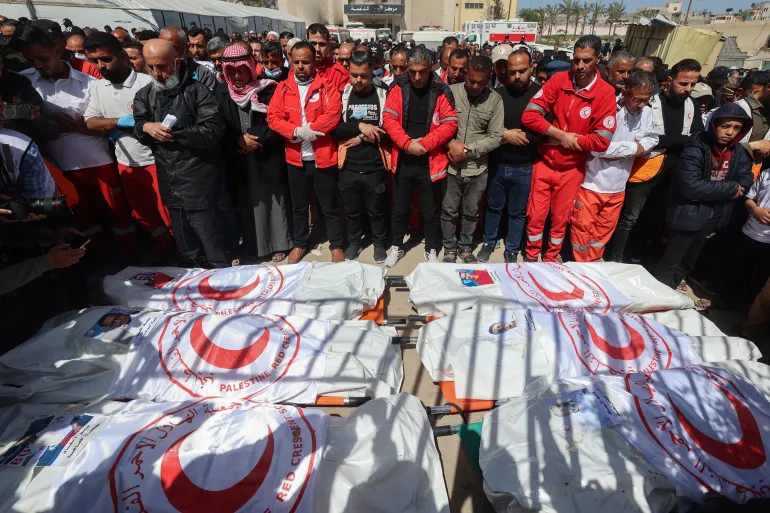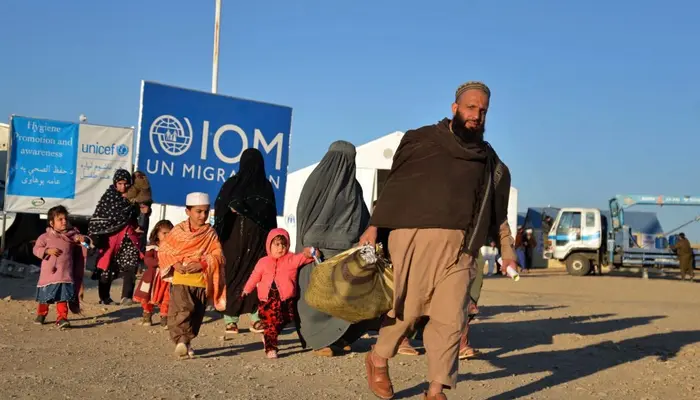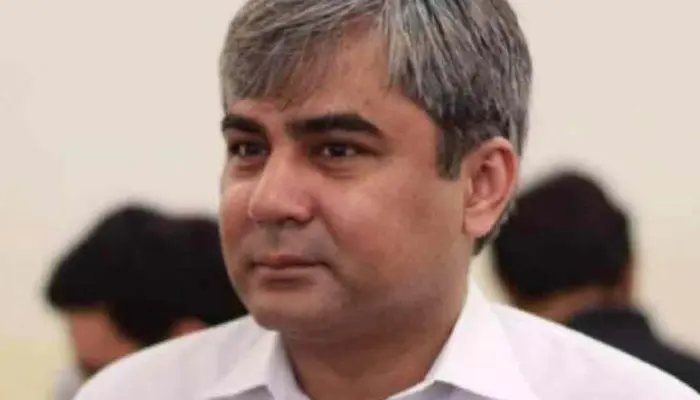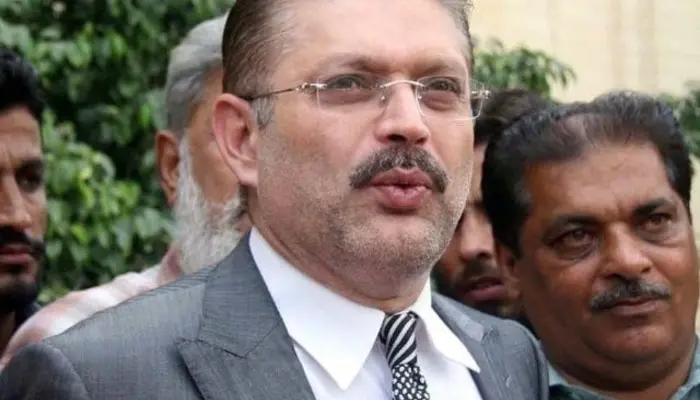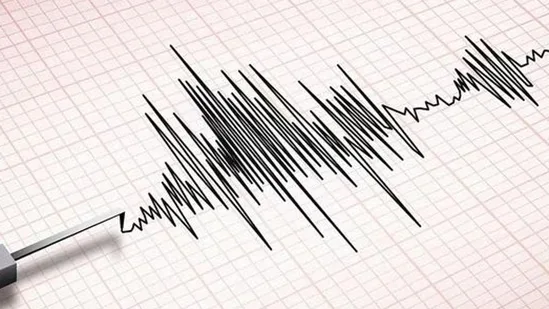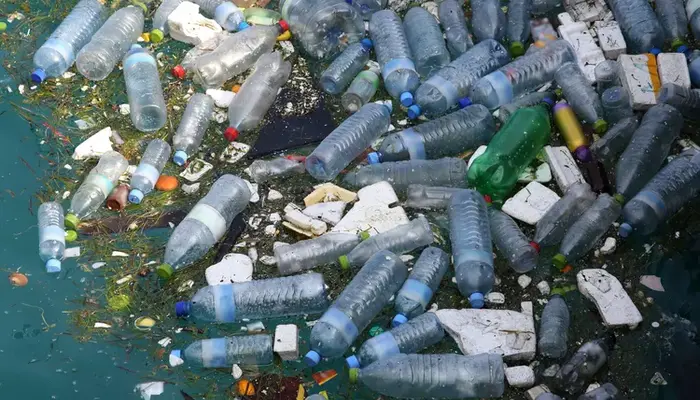
Efforts to establish a global plastic treaty have hit a major roadblock. Delegates at the fifth United Nations Intergovernmental Negotiating Committee (INC-5) meeting in Busan, South Korea, failed to reach a consensus on curbing plastic pollution. The talks, initially aimed at finalizing a legally binding agreement, have been postponed, with sharp divisions between nations on how to tackle the growing crisis.
Sharp Divides Emerge
Over 100 countries pushed for a cap on plastic production, emphasizing that limiting production is essential to reducing pollution. However, opposition from a few oil-producing nations, particularly Saudi Arabia, stalled progress. These countries advocated for focusing on managing plastic waste rather than cutting production, creating a deep divide that hindered any substantial agreement.
According to Inger Andersen, Executive Director of the UN Environment Programme, the negotiations revealed “persistent divergence” among nations, leaving the treaty’s future uncertain.
Controversial Proposals
One of the most debated proposals came from Panama, suggesting a global reduction in plastic production. While the plan gained significant international support, it lacked specific targets, weakening its potential impact. Conversely, an alternative proposal avoided setting any production caps altogether, drawing criticism from environmental advocates.
Panama’s head of delegation, Juan Carlos Monterrey Gomez, expressed frustration over the delayed outcome. “Every day of delay is a day against humanity,” he stated, emphasizing that postponing negotiations will not halt the ongoing crisis.
Dire Consequences of Inaction
Environmental groups predict severe consequences without further action on the treaty. Current projections suggest that plastic production could triple by 2050, exacerbating environmental and health issues.
Graham Forbes, Greenpeace’s Head of Delegation to the Global Plastics Treaty, highlighted the dangers of the delay: “Every day governments allow polluters to flood the world with plastic, we all pay the price. This delay sacrifices those on the front lines of this crisis.”
Similarly, the environmental group GAIA expressed skepticism about future progress, warning that there is “little assurance” the next INC session will succeed where INC-5 failed.
Read: Sixth Mpox Case Reported in KP’s Lakki Marwat District
Broader Climate Context
The failure to reach an agreement on the plastic treaty comes shortly after the contentious conclusion of COP29 in Baku, Azerbaijan. At COP29, countries pledged $300 billion annually to combat climate change, a figure falling far short of the $1.3 trillion requested by developing nations. The continued inaction on both climate and plastic pollution leaves vulnerable nations disproportionately burdened by the environmental crisis.
Looking Ahead
The next round of negotiations will be closely watched as nations attempt to bridge their differences. Advocates and environmental groups are calling on governments to honor their commitments and deliver a meaningful solution. The world remains on edge, waiting for decisive action to address one of the most pressing environmental challenges of our time.
The road to a global plastic treaty is far from over, and the stakes have never been higher.
Follow us on Google News, Instagram, YouTube, Facebook,Whats App, and TikTok for latest updates




